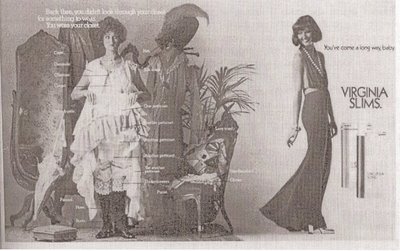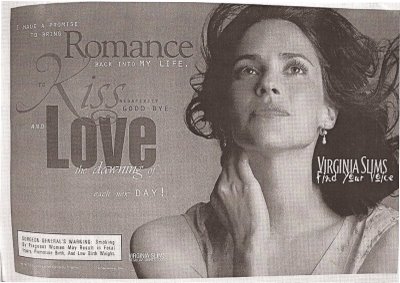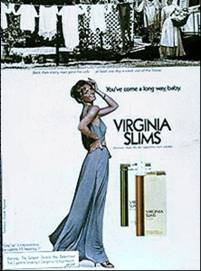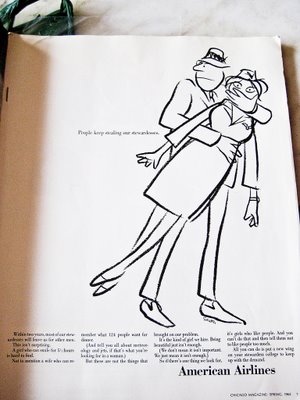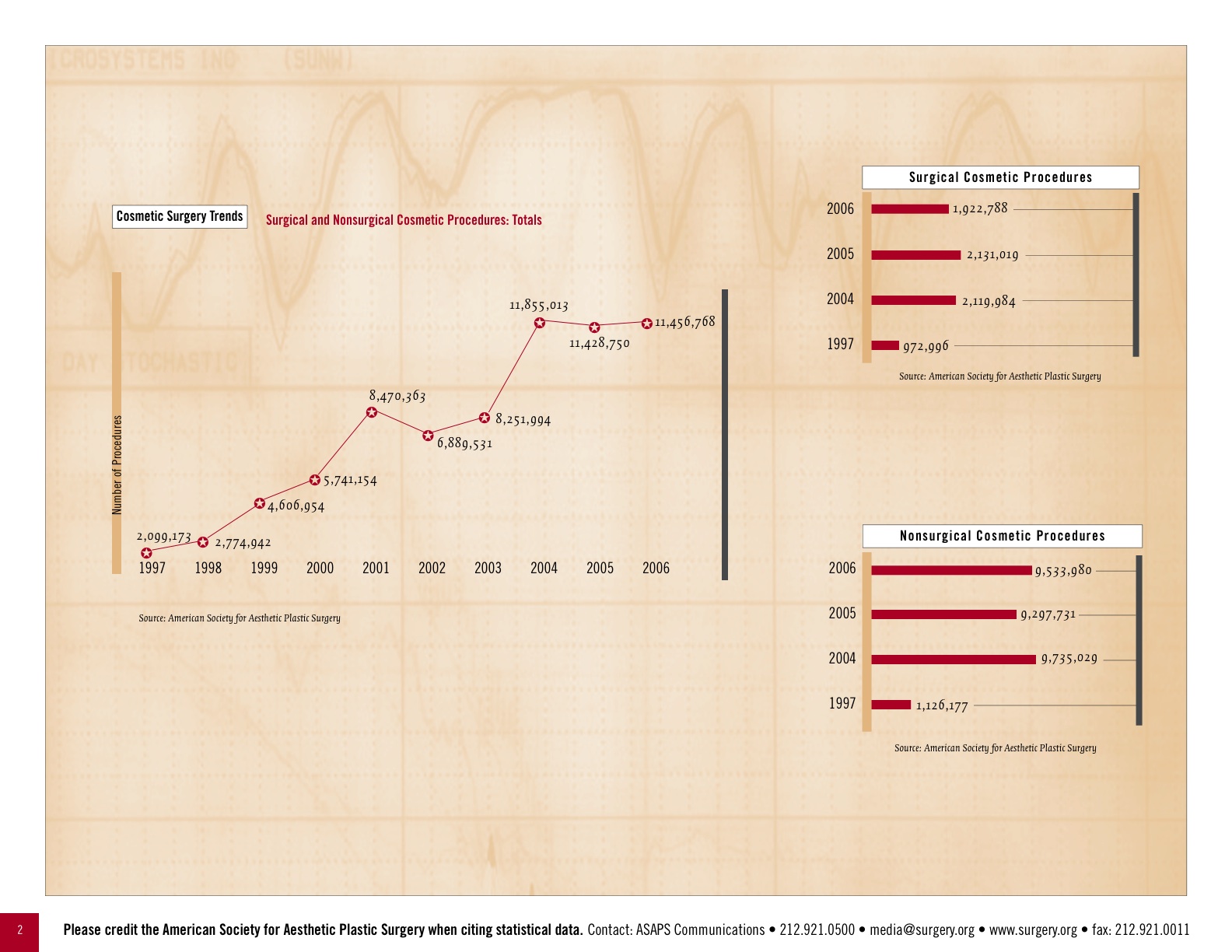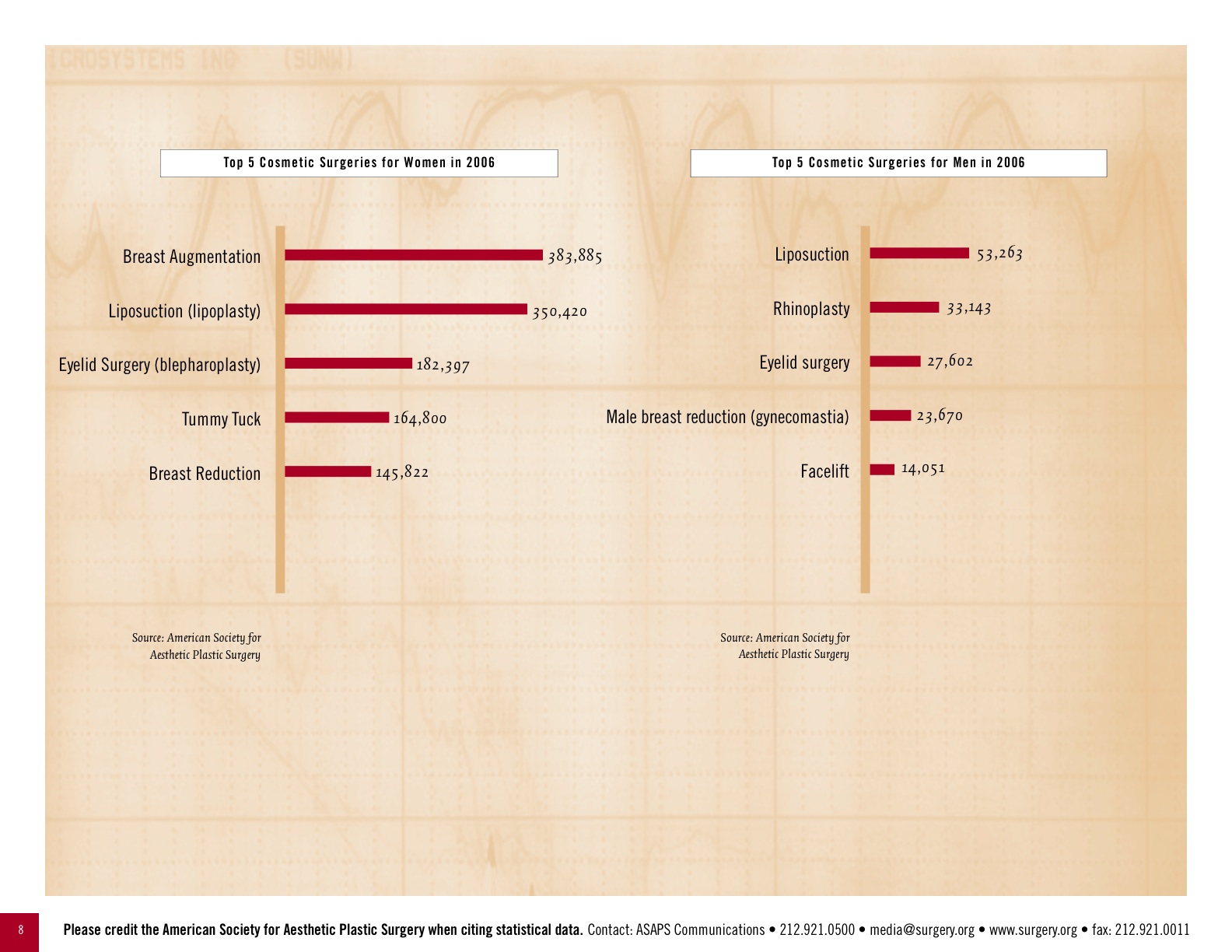The 30-second (or so) videos below have been interspersed with MTV’s regular programming as part of Black History Month. MTV got Cornel West to be their superstar academic and expert on the Black American experience. The videos serve as the occasion for some interesting questions:
First, how do we evaluate the use of Black musicians, actors, and personalities by MTV? Is “representation” enough? Or does contemporary representation look uncomfortably like the representation of the past? (If you haven’t seen it, watch Spike Lee’s Bamboozled.)
Second, what does it mean that Cornel West signed on with MTV with what is, in effect, a mutual endorsement? Do we approve of Cornel West using his significant influence and importance in this way? Is this good from a reformist perspective? Problematic from a radical perspective? Did he “sell out”?
Third, how effective are these spots? I know little about the audience of MTV, but I imagine there are a lot of people who do not know who Cornel West is and are not inclined to offer him immediate respect. Cornel is idiosyncratic. Does your average MTV viewer see a gap-toothed, afro-wearing guy with odd mannerisms called “Professor” (which, we know, could mean anything) as authoritative? Or a buffoon?
Further, what do we think of the spots themselves? Is their content helpful? Do they teach us anything? Do we like what they teach us? Or is it just more empty lip-service to Black Americans?
Watch and tell us what you think:
[vimeo]https://vimeo.com/63979709[/vimeo]
[vimeo]https://vimeo.com/63979813[/vimeo]
Thanks to Richard for the heads up on this one.
Lisa Wade, PhD is an Associate Professor at Tulane University. She is the author of American Hookup, a book about college sexual culture; a textbook about gender; and a forthcoming introductory text: Terrible Magnificent Sociology. You can follow her on Twitter and Instagram.

